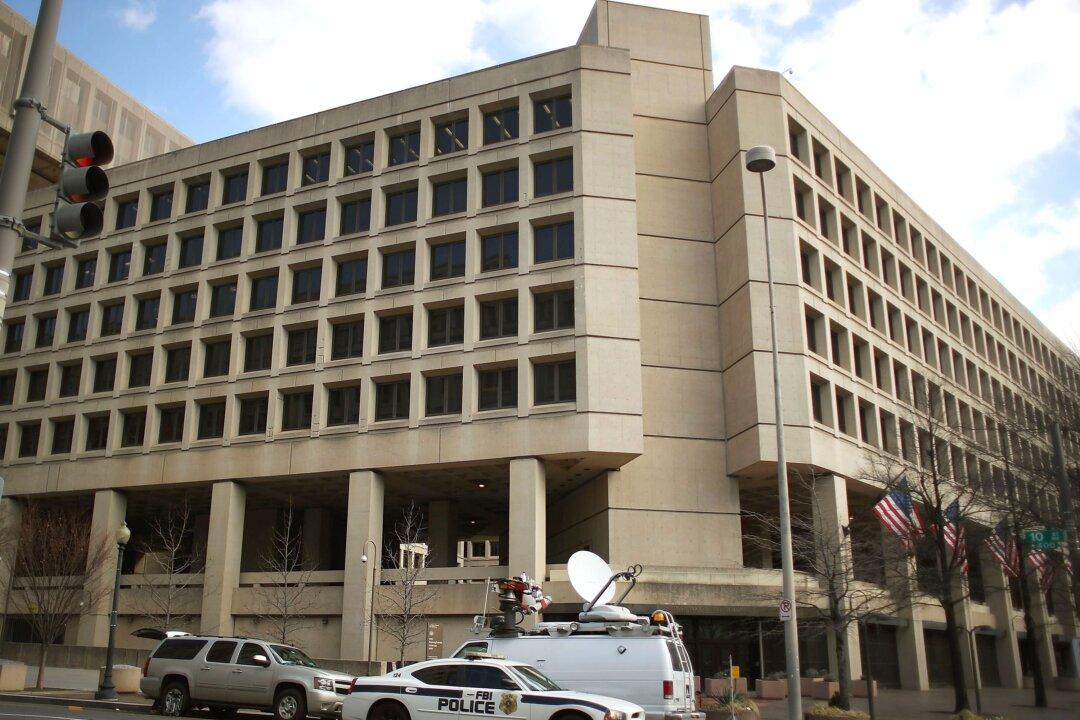Despite the Constitution’s Fourth Amendment, which prohibits warrantless government searches, U.S. agencies are proving to be ever more intrusive in their routine surveillance of Americans’ speech and activities.
Often working in collaboration with private companies and banks, agencies such as the FBI have been misusing laws against foreign terrorism to vacuum up and sift through the private data of millions of Americans without a warrant or any evidence of a crime.





